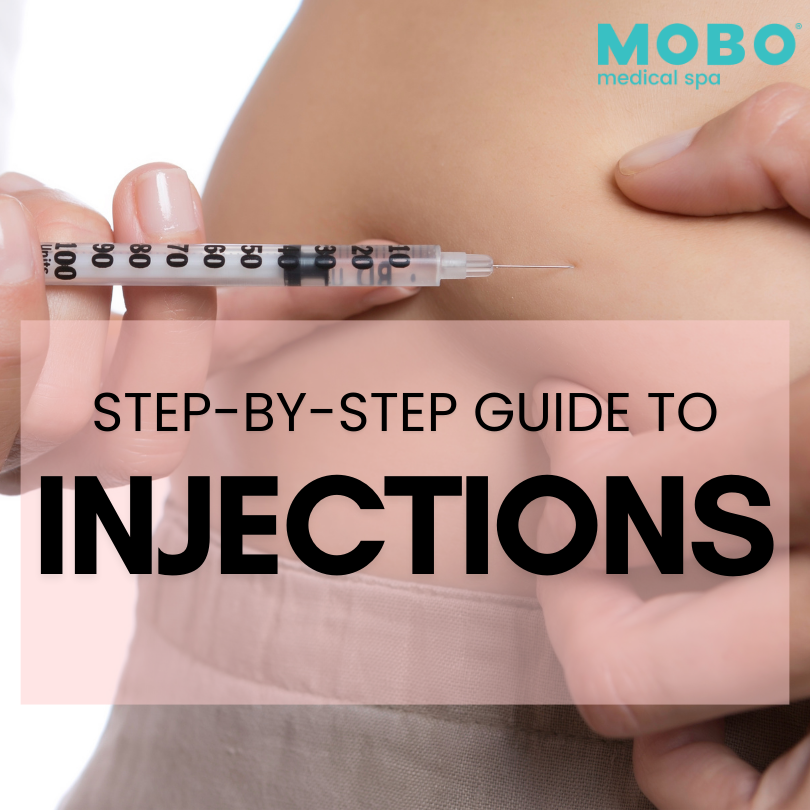Weight Loss Shots in North Canton, OH
Your Weight Loss Solution
Achieve Your Wellness Goals With MOBO's Medical Weight Loss Program. Our comprehensive program takes a personalized approach to help you achieve your health goals, which may include safe and effective prescription options such as GLP-1 injections, Contrave and more.

Meet Our
Medical Weight Loss Program
Free Consult
Hope to learn more about our program?
Initial Visit
At your initial visit, we will assess your weight loss and wellness goals. Next, we will view lab work or place an order for lab work. If you are a candidate, MOBO providers will prescribe weight loss medication and then work with your insurance carrier for coverage. If it is not covered by your insurance, we will work on finding a pharmacy where it's affordable for you.
Monthly Follow-Ups
Monthly follow up appointments are required and are available in-person or via telehealth appointments. During your monthly follow up, your MOBO provider will check on progress, manage side effects, provide nutritional and exercise advice, and refill your prescription.
Get Started Today
Curious about Medical Weight Management?
Meet MOBO Medical Weight Loss
MOBO's Medical Weight Loss Program uses a holistic approach to safe and effective medical weight loss in Ohio. This program includes:
- Access to Weight Loss Medication
- Insurance coverage support
- Discounts on Supplements & Lipotropic B12
- Dietary & Meal Prep Ideas
- Ongoing provider care
- MOBO's WellWorld Health Tracking App
Benefits of Our Program
- Boost Self-Confidence
- Develop Healthy Habits with help from experts on nutrition and exercise
- Reduce Risk of Chronic Conditions associated with increased BMI.
- Improve Cardiovascular Health
Frequently Asked Questions
Related Services
From Our Experts
Articles + EDUCATION

Read More

Read More

Read More

Read More

Read More

Read More

Read More

Read More

Read More

Read More

Read More

Read More

Read More
Weight Loss + Wellness in Akron-Canton Area
Book a consultation
MOBO at the Strip - North Canton
6615 Promway Ave NW, North Canton, OH 44720
Phone/Text 330.944.6626
Hours: M-F 10AM-5PM, Evenings and Weekends by Appointment Only







